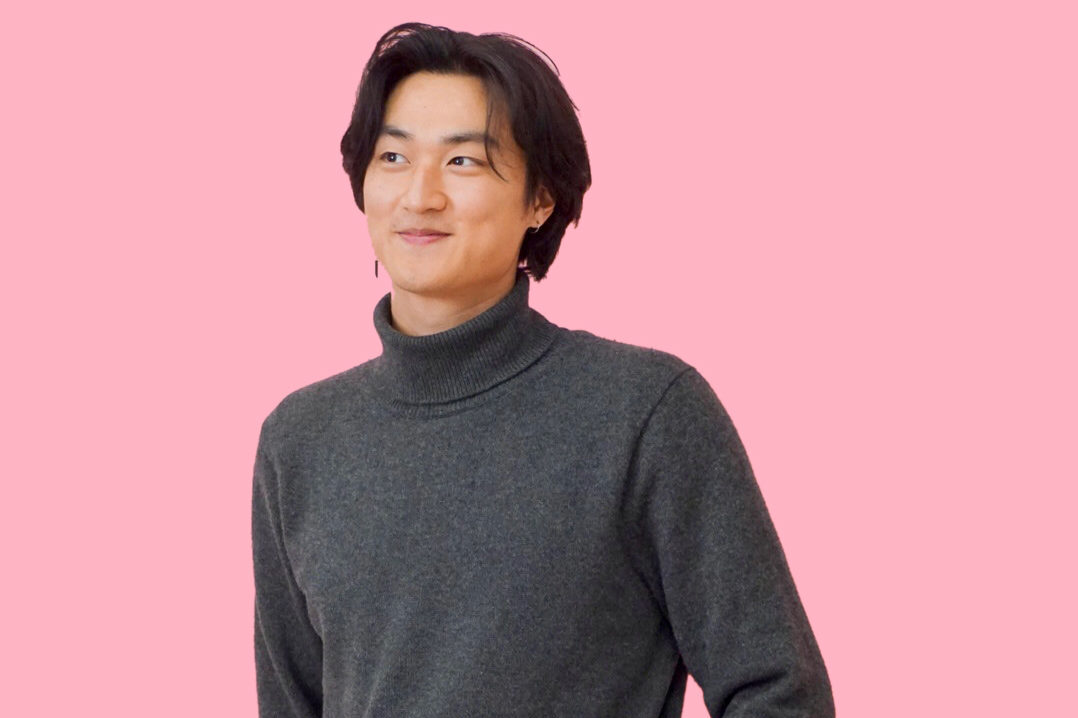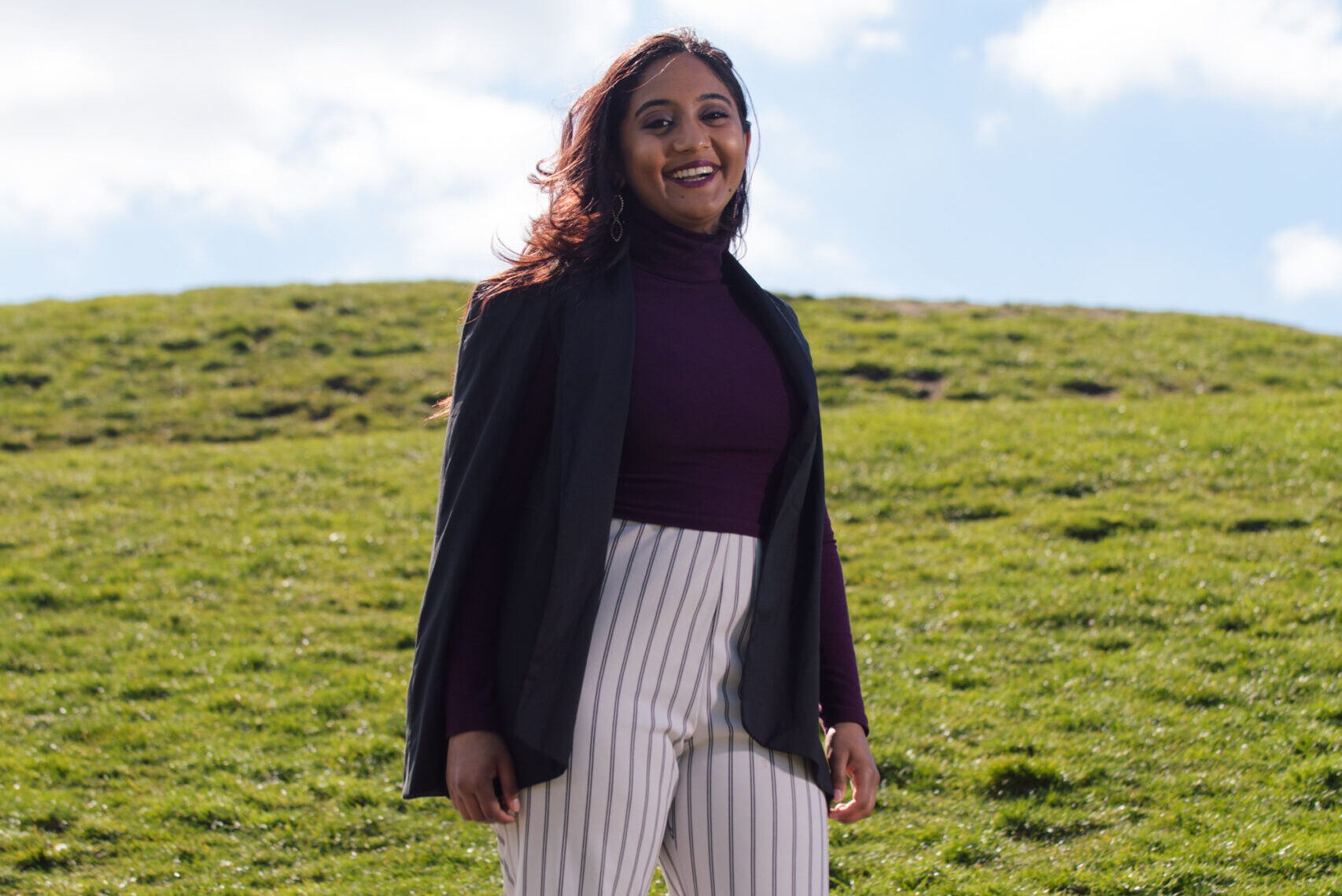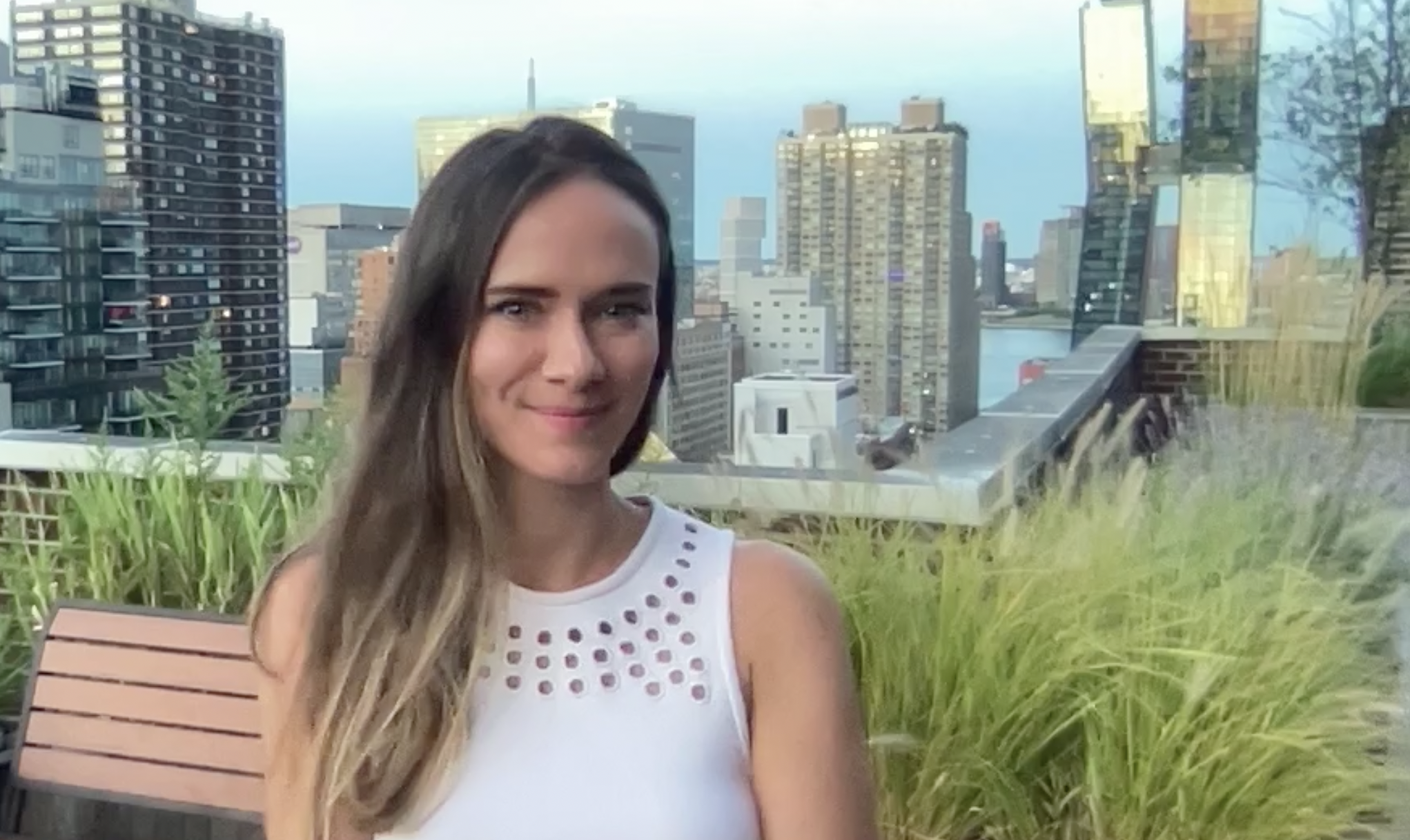Jeremy Yao, Entrepreneur/Sustainable Trend-Setter/Vegetarian, NYC

The Climate-Friendly Life is a series focusing on the successes and challenges we each face when trying to make climate-friendly lifestyle choices. No matter where you are on this journey from eco-curious to winning zero waste, it’s all good and we wanna hear about it. Drop us a line at blog@generationenvironment.com if you want to share your story with the We Are All Gen E community.
– – – –
I’M JEREMY and I’m a founder. I work in the climate space––so it’s safe to say sustainability is pretty important to me.
My company is Changing Room, we work within the sustainable fashion industry where we help consumers better understand their environmental impact when buying clothes. We’ve built an Eco-Index extension that you can plug into your browser and it shows the environmental impact of any garment you want to buy. We also provide recommendations for similar items that carry a lesser eco-footprint to be produced, helping customers make smarter, eco-friendly shopping decisions.
Here’s a peek into my climate-friendly life:
FINDING YOUR WHY
I became aware of the impact clothing had on the environment from a young age. My parents used to work in the industry, so I used to go and travel alongside them a lot. We’d go tour the factories and I got first-hand experience seeing what the factories were like. It was pretty obvious to me how they impacted the environment. So I became more aware as I aged, I got more engaged. Learning about the importance of sustainability really impacted my career, ultimately working at the intersection between AI and the fashion industry––to now running my own company trying to make the world a better place.
FINDING FOOD SUBSTITUTIONS THAT WORK FOR YOU
For me, moving towards more environmentally-friendly practices all started with a mindset shift. I started small and focused on marginal positives. It felt less overwhelming that way.
One of the first things I did was become a pescatarian, moving away from eating red meat. I do want to say that eating does not have to be black or white. You don’t have to be perfect or stick to labels all the time. If I’m out at a restaurant and find out a soup has been made from bones, I’m most likely not going to send it back. The whole point is to reduce your impact, not get it right everytime. Once I stopped eating meat, it was easy to become fully vegetarian. It’s kind of fun for me because my background and roots are Chinese and traditional foods are very pork and meat heavy. I love to eat a tofu and soy-based diet, in place of meat. It’s all about finding what works for you so your diet is sustainable and you still get all the nutrition you need.
It’s been fun to reimagine and think of creative ways to make a vegan version of my favorite dishes. You don’t have to go to super extremes, but reducing your meat consumption not only helps the planet, but it’s also better for your overall health. It helped me discover so many new vegetables that I wasn’t cooking with previously. One substitution I don’t love is the Beyond Meat movement. I get you want to have a replacement, but personally it’s just not for me. When I go to a vegan restaurant now, they always have it mixed in with the food and I just feel like nothing is fresh. I’d kind of like to see that change in the future.
SUSTAINABLE TRANSPORTATION
I live in New York City, so really I couldn’t live in a more walkable city. Though, I honestly prefer to bike around and either take a regular or electric bike to work everyday, crossing the bridge from Brooklyn to Manhattan. It’s not only nice to help in the prevention of emissions, but it’s honestly just so much nicer to be outside and enjoy the fresh air. I actually just purchased a used electric bike the other week, it’s helped me get around a lot easier and buying it second-hand helped me feel even better about my purchase.
THRIFT AND SECOND-HAND SHOPPING
I think mindful shopping is really important. When considering an item, really think about if you absolutely need to buy it, or if the item is actually useful. I buy most of my stuff on Facebook Marketplace, a peer to peer second-hand platform. Everything I buy is mostly second-hand. It’s kind of the best because the process is lower impact, as you’re not producing anything new, but you also can get some amazing deals for items that are barely used. I would encourage people to challenge their current habits when it comes to buying clothes. It’s something you probably don’t spend a lot of time thinking about, but it has a pretty big impact and something you have an active choice in at the end of the day. It may be baby steps, but every little bit all adds up.



